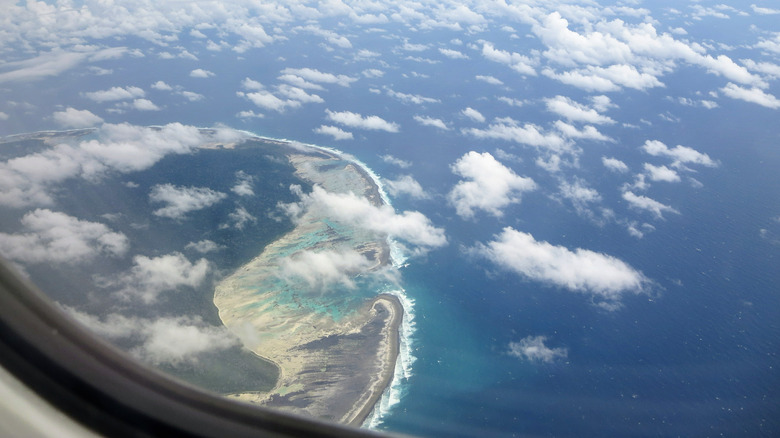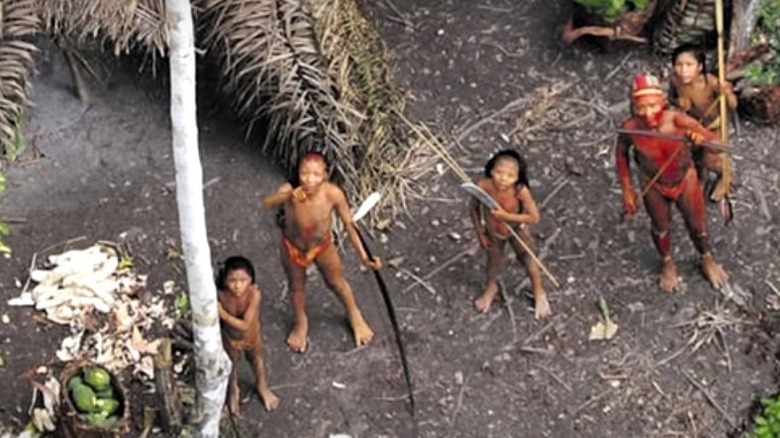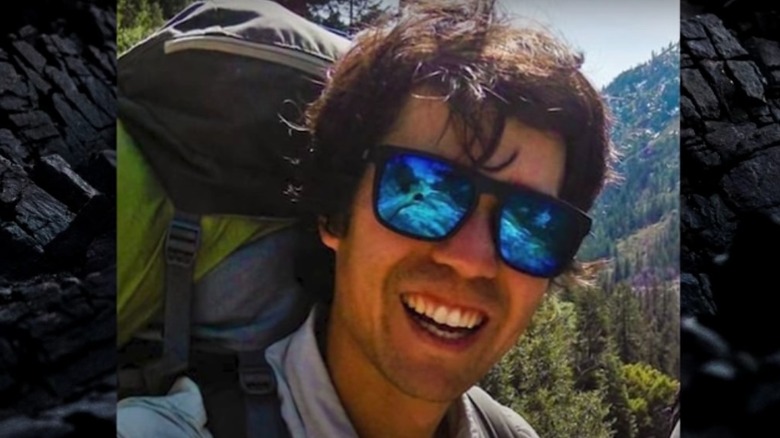The Truth Behind The Sentinelese, The Most Isolated Tribe In The World
Few places on Earth have remained isolated from the rest of the world; the North Sentinel Island is one of them. The small island is part of the Andaman and Nicobar archipelago in India, and has been the home of the Sentinel tribe for over 60,0000 years, whom scientists believe is one of the first human populations to emerge from Africa, according to Survival.
It is believed that there are up to 100 people living on the island. However, it is impossible to have a precise number since the Indian Government has forbidden anyone else to enter the island. The decision happened due to the pressure of various organizations, as they claimed contact with outsiders was harmful to other Andaman tribes. According to National Geographic, the presence of outsiders is a high risk to the Sentinelese, as their immune system is vulnerable to contagious diseases. Left to themselves, they tend to be healthy and alert in the extreme.
Since the 1700s, there are accounts of around a dozen occasions they had contact with outsiders, and most of them didn't end well. There are reports of violence directed toward trespassers, dating back hundreds of years, including one islander who notched an arrow and pointed it at a hovering helicopter. But there are also the unfortunate fates of the people who were removed from the islands.
The disastrous contact with outsiders
Marco Polo, the Venice-born merchant and travel writer, included a description of the Andamanese in his diary in the 13th Century. Polo — as we know now, not necessarily the most trustworthy of sources — characterized them as savages and cannibals. However, some specialists believe Polo had never been on the island, since the Sentinelese are not cannibals (via Insider). According to the North Sentinel Island website, the next mention of the tribe would happen many centuries later, in 1771, when an East India Company survey vessel observed the tribe from far away.
In 1867, an Indian ship was stuck on a reef near North Sentinel, and the crew thought they would be safer on the island. On the third day, they were attacked by a group of men that were "perfectly naked, with short hair and red painted noses, and were opening their mouth and making sounds like 'pa on ough'; their arrows appeared to be tipped with iron" (via The American Scholar). The survivors tried to protect themselves with stones.
Years later, a British colonizer kidnapped six Sentinelese and brought them to Port Blair, India. In a few days, the whole group fell ill, and two of them died. The survivors were sent back to the island, Survival reports. The colonizer believed it was a mistake to contact the tribe and wrote about it later. "Their association with outsiders has brought them nothing but harm, and it is a matter of great regret to me that such a pleasant race are so rapidly becoming extinct" (via Insider).
The Sentinelese had a friendly encounter in the 1990s
The tribe goes the extra mile to avoid outsiders, who are often greeted with arrows. In 2018, the islanders made headlines after killing John Allen Chau (above), an American Evangelical Christian missionary, beef jerky marketer, and adventure blogger, who landed on the island to convert them, The Guardian reports. (He considered the island "Satan's last stronghold.")
However, during the 1990s, the Sentinelese had a different behavior toward a group of anthropologists working for the Anthropological Survey of India (AnSI). The Sentinelese have accepted coconuts from the group, one of the few friendly contacts they had. "We were all a bit apprehensive because a few months earlier, the team sent by the administration had encountered the usual hostility," says the anthropologist Madhumala Chattopadhyay (via National Geographic). Chattopadhyay used a few tribal words she learned to tell them they could collect the coconuts. Later, some men came and touched the boat.
Chattopadhyay returned a few months later with more people. This time, the Sentinelese approached them without their weapons and entered the boat to take the coconuts. When a crew member tried to grab an ornament from a Sentinelese, he got angry and grabbed his knife. It was the last time the tribe saw an official expedition, and Chattopadhyay believes it is for the best. "The tribes have been living on the islands for centuries without any problem. Their troubles started after they came into contact with outsiders. The tribes of the islands do not need outsiders to protect them; what they need is to be left alone."


